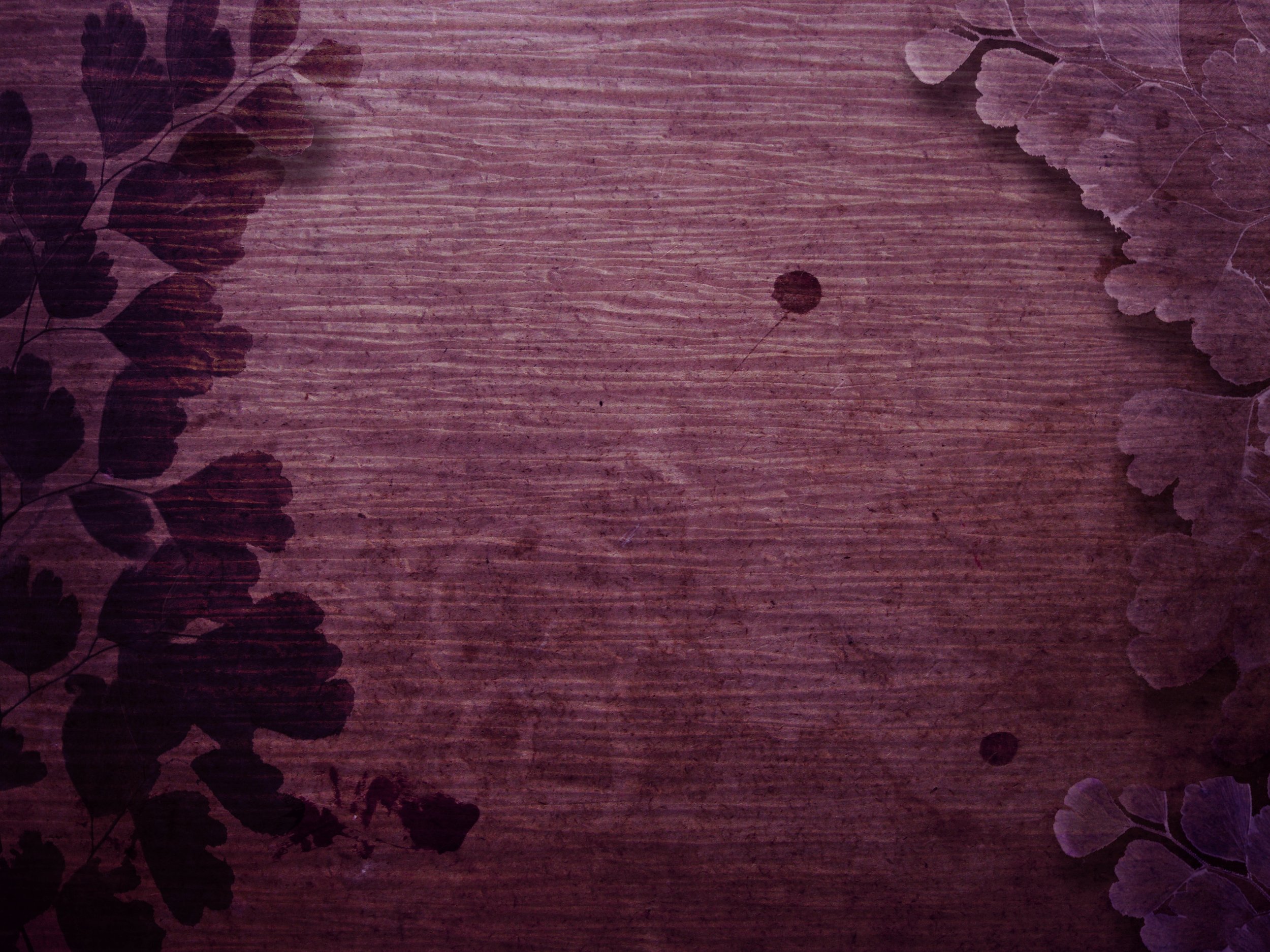
PELVIC ACUPUNCTURE
I specialize in pelvic health addressing pelvic pain and imbalances. Almost one quarter of women are affected by pelvic floor disorders. Many of these imbalances are a result of pelvic congestion or a lack of vital sources, qi & blood in the pelvis. The pelvic bowl is the core of the body with the pelvic floor muscles as the foundation of the core. In this compact space of the pelvic bowl, the pelvic floor is made up of 12 different muscles within 3 muscle layers that support the pelvic organs and the whole of the body. When these muscles are holding tension either from being too tight or too soft/weak, this can affect all the other muscles in the pelvic floor and beyond. When a muscle is too tight, it pulls on all the surrounding muscles, ligaments and bone. Similarly, if muscles are too soft/slack, they are not giving adequate support to the surrounding organs and can put strain on the neighboring muscles. Bone alignment and fascia health can also affect the pelvic bowl.
With pelvic acupuncture, conditions are treated with acupuncture, herbs, moxibustion, massage and other tools. All of these tools can be effective in treating the pelvis. Our clients are reporting relief from chronic conditions that they have worked on for years. Pelvic acupuncture works on the intricate muscular and fascial system of the pelvic bowl to restore support and balance at a deep level.
Conditions Treated
When people experience imbalances in their pelvic bowl, it can show up as a variety of symptoms. These are many of the conditions treated with pelvic acupuncture:
Pregnancy & postpartum - pubic symphysis pain, pelvic pain, post cesarean pain
Infertility
Menopause
Urinary & bowel Issues - incontinence, frequency, urgency, constipation, prolapse, painful evacuation, interstitial cystitis, difficulty emptying completely, hemorrhoids
Pain in pubic or vulvar region, low back, hips, gluteals
Sexual or Genital Issues - pain with sexual intercourse (dyspareunia), pain in vulva (vulvadynia), guarding or muscle spasms in vaginal area (vaginismus), uterine prolapse, lack of sensation/numbness, low libido, difficulty with orgasms, vaginal gas
Post Surgical Scars & Adhesions
Mental & Emotional Symptoms: trauma - can include sexual, birth or surgical trauma, difficulty setting boundaries, body disconnect or shame, feeling unsafe, anxiety, repeating limiting belief patterns, difficulty with following through, not feeling connected to creativity, over giving, difficulty receiving
Menstrual Pain, Fibroids, Ovarian Cysts
Traumas, Accidents, Falls
Digestive Symptoms

